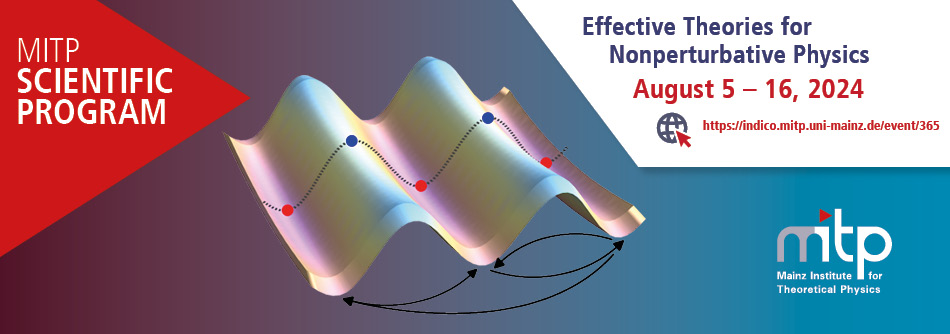Description
We adapt the well-known functional instanton method to allow for the computation of excited state decay widths, efficiently bypassing the traditionally enforced infinite-time limit. With conventional instanton calculations relying on the behavior of the Euclidean propagator at late times, such investigations are, per construction, constrained to solely studying the ground state energy. By suitably projecting out the desired resonant energies using appropriate eigenfunctions, we demonstrate that the common path integral formalism can be generalized to accommodate excited state decay. We explicitly determine the sought-after decay widths, including leading quantum corrections, for arbitrary potentials, demonstrating accordance with traditional WKB results.

